
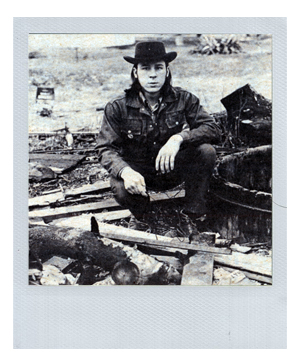
WSU-O student and Environmental Crisis Organization (ECO) chairman, Harley Christensen.
(Advance-Titan , April 16, 1970)
A campus visit by a group of young activists, organized by consumer advocate and environmentalist Ralph Nader, spurred a group of WSU-O students to create a local action group dedicated to raising the ecological consciousness of fellow students. Racine native Harley Christensen, recently returned from a brief residency in Berkeley, California, where he had been exposed and to some extent inspired by heady antiwar and environmental student activism, was particularly inspired by the message of “Nader's Raiders.” Along with a few other students, Christensen formed a local Environmental Crisis Organization (ECO) and established an office on the fourth floor of Clow Faculty building. Over the next several weeks, Christensen and his fellow ECO members engaged in a crash course of fact finding on environmental issues, held weekly informational meetings and began planning a campus teach-in, coordinated in conjunction with the nationwide movement launched several months earlier by Wisconsin Senator Gaylord Nelson.
For Christensen, as for other students who came to ECO, the environmental movement and the nationwide ecological teach-in scheduled for April 22 represented an opportunity to stem the tide of pessimism and despair spurred by the Nixon administration and the continuing war in Vietnam by engaging in positive, urgent action. Syndicated columnist Max Lerner understood the widespread appeal the environmental movement had garnered by early 1970. For Americans torn apart by the controversies of the period, responsible environmental action, performed in the service of the planet and for the benefit of future generations, seemed to be a cause that might galvanize social groups and generations which were alienated from each other. In an April column, Lerner opined: “If there is any hope of resuming a dialogue, the cross-generational struggle for environmental and population control is more likely to afford it than any other….The work can be done in every community, small and big, and you can see the results and breathe and smell them.”

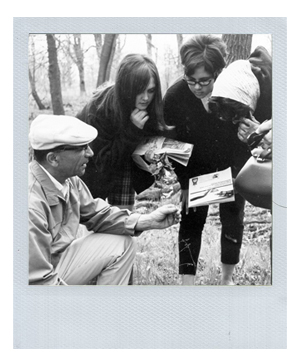
Throughout the 1960s, Dr. Shapiro enjoyed teaching ecology in the field with WSU-O students. (Advance-Titan, April 16, 1970)
WSU-O biologist Jacob Shapiro, a faculty advisor to ECO, was uniquely poised to bring the often warring generations and political constituencies together in deliberating the pressing ecological issues confronting the region. Hired by WSU-Oshkosh in 1956 to teach ecology, New Jersey-born Shapiro was held in great esteem by the student body and members of the Oshkosh community alike. During his fourteen years at WSU-O, Shapiro not only inspired many students with his teachings about ecology and conservation, but he also led local organizations such as the Fox-Wolf Watershed Council, served as the chair of the Oshkosh Common Council's pollution study committee and worked with scores of agencies such as the Wisconsin Department of Public Instruction in developing educational ecology and natural history programs.
In order to advance preparations for the proposed Earth Day teach-in at WSU-O, he travelled to an Earth Day planning meeting at Stout State University with four ECO students on March 20. Tragically, he lost control of his car on an ice-covered road west of Wausau. A violent collision with a milk truck killed him and the four students instantaneously.
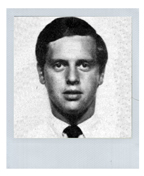 |
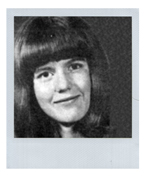 |
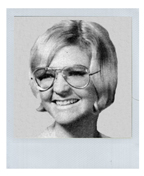 |
 |
James Weil |
Maryalice Rammer |
Janice Locke |
Sandra Dillenbeck |
In addition to Dr. Shapiro, four promising students were killed in the March 20th car accident: James Weil, 18, of Skokie, IL; Maryalice Rammer, 18, of Neenah; Janice Locke, 21, of West Chicago, IL; and Sandra Dillenbeck, 22, of Delevan.
